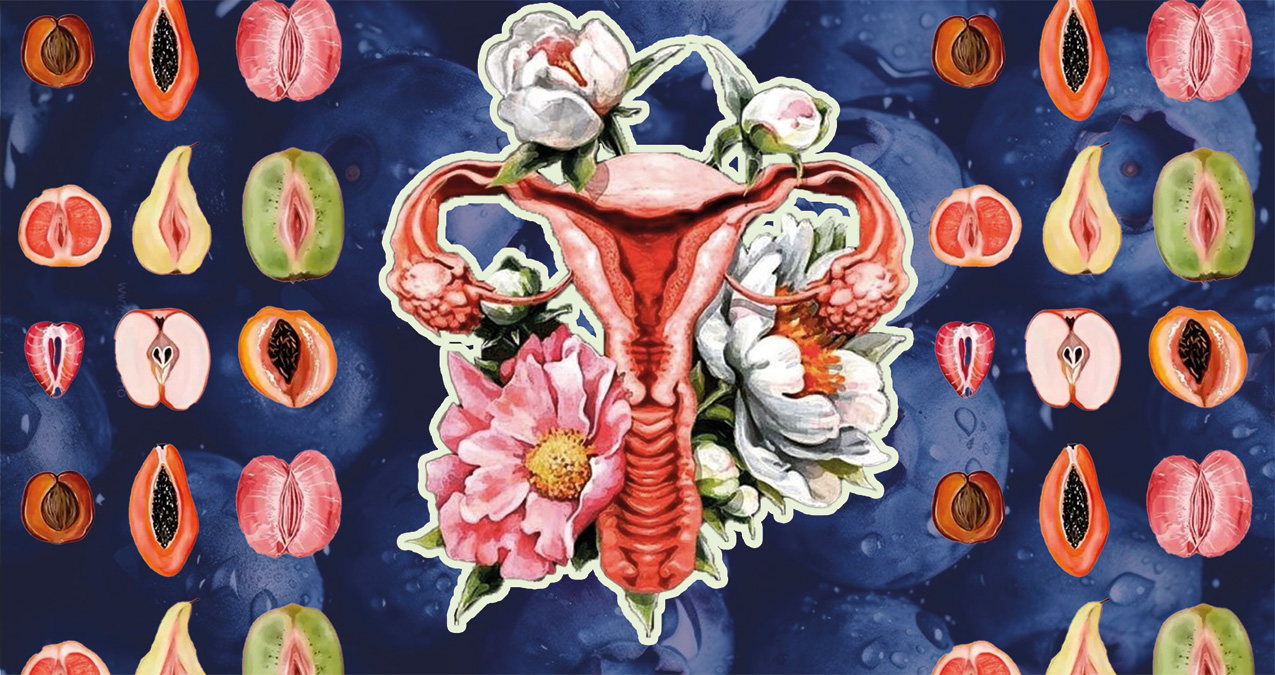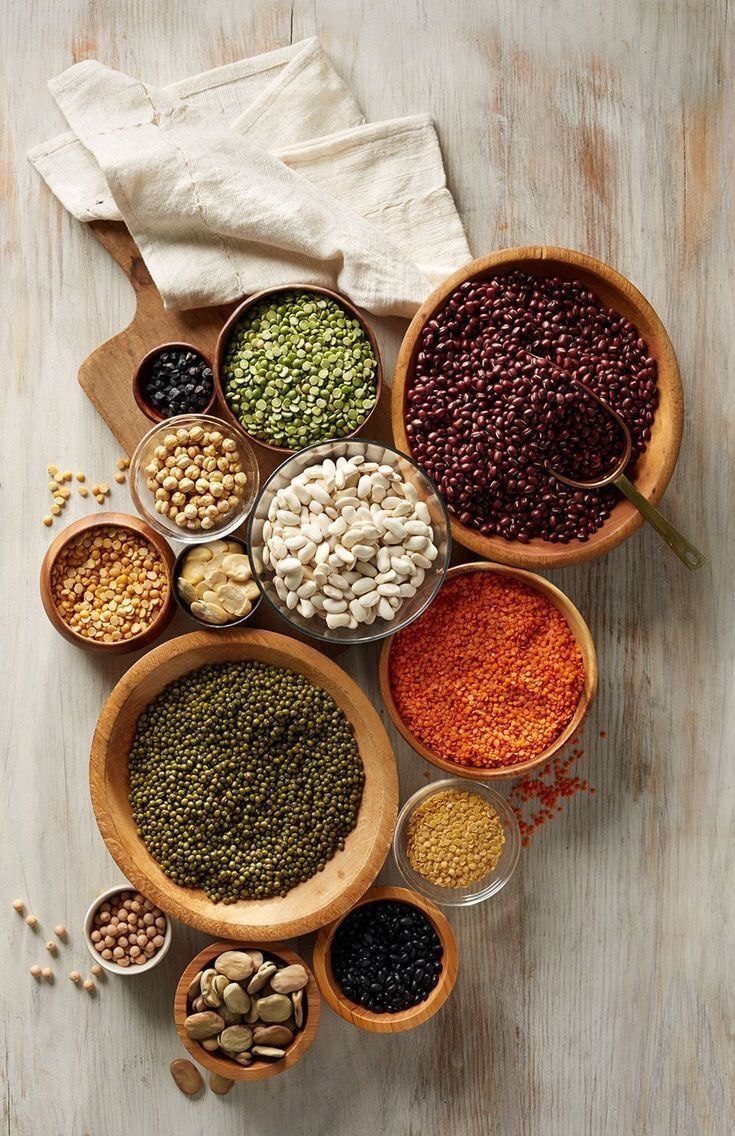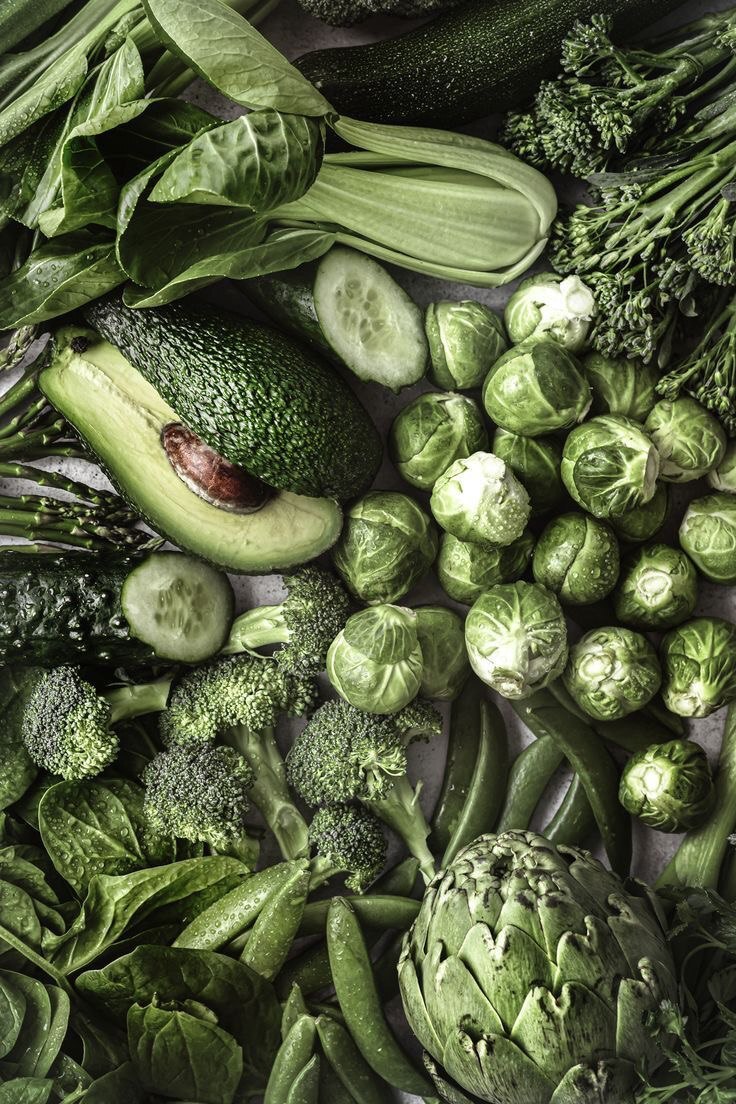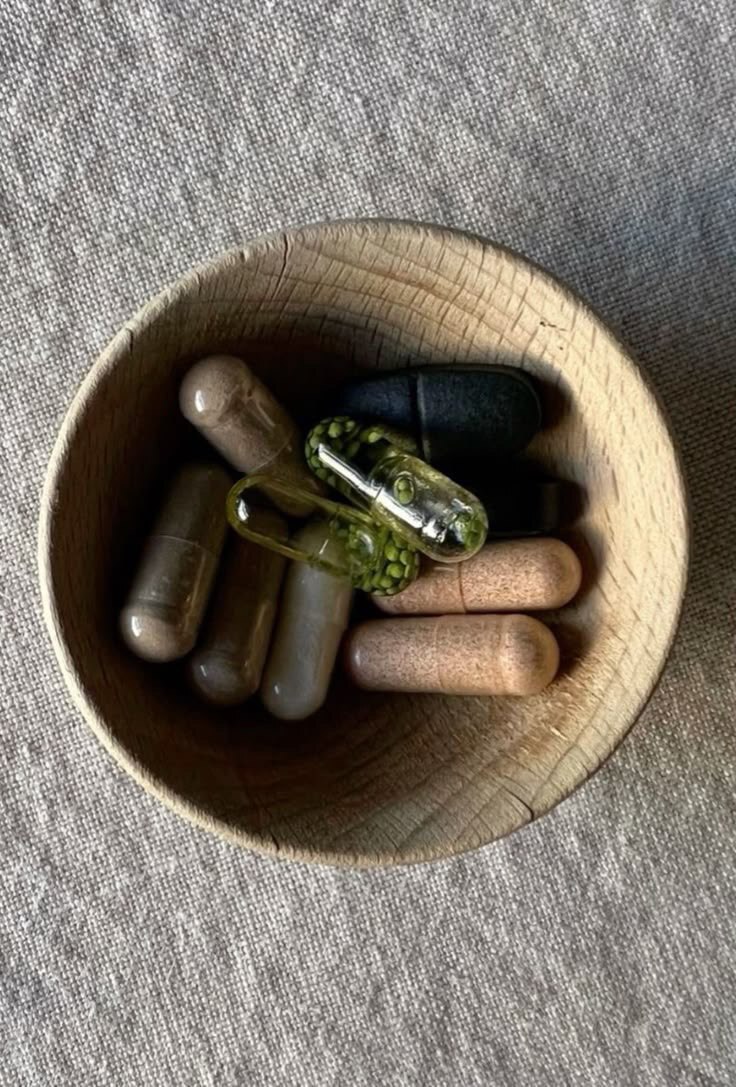
Understanding PCOS: Managing Symptoms Through Diet
How diet can help manage pcos symptoms and hormones.
Polycystic Ovary Syndrome (PCOS) is a common hormonal disorder affecting women of reproductive age. It is characterized by irregular menstrual cycles, excessive androgen (male hormone) levels, and the presence of small cysts on the ovaries. PCOS can lead to a variety of symptoms, including weight gain, acne, hair thinning, and insulin resistance. Although there is no cure, dietary and lifestyle changes can help manage symptoms effectively.
The Role of Diet in PCOS Management
Diet plays a crucial role in regulating PCOS symptoms, as it impacts insulin levels, hormone balance, and overall health. Since many women with PCOS have insulin resistance, making the right food choices can help reduce blood sugar spikes, lower inflammation, and improve hormonal balance.
Prioritize Low-Glycemic Index (GI) Food
The glycemic index measures how quickly foods raise blood sugar levels. A diet rich in low-GI foods can help prevent insulin spikes and manage weight.
Best Low-GI Foods for PCOS:
Whole grains (quinoa, oats, brown rice)
Legumes (lentils, chickpeas, black beans)
Non-starchy vegetables (spinach, kale, bell peppers)
Healthy fats (avocados, nuts, seeds)

Increase Protein and Healthy Fats
Protein helps stabilize blood sugar levels and keeps you full longer, preventing unhealthy cravings. Healthy fats support hormone production and reduce inflammation.
Good Sources of Protein and Healthy Fats:
Lean meats (chicken, turkey, fish)
Plant-based proteins (tofu, tempeh, lentils)
Nuts and seeds (walnuts, flaxseeds, chia seeds)
Fatty fish (salmon, sardines)
3. Reduce Processed and Sugary Foods
Refined carbohydrates and added sugars can worsen insulin resistance and increase inflammation, exacerbating PCOS symptoms.

Avoid:
White bread, pasta, and pastries
Sugary drinks (soda, fruit juices)
Processed snacks (chips, cookies)
Incorporate Anti-Inflammatory Foods
Chronic inflammation is often linked to PCOS. Eating anti-inflammatory foods can help reduce symptoms like acne and bloating.
Best Anti-Inflammatory Foods:
Berries (blueberries, strawberries, raspberries)
Turmeric and ginger
Leafy greens (spinach, kale)
Olive oil and nuts

Balance Hormones with Fiber-Rich Foods
Fiber helps regulate digestion, manage blood sugar, and remove excess estrogen, which can contribute to hormonal imbalances.
Fiber-Rich Foods for PCOS:
Vegetables (broccoli, Brussels sprouts)
Fruits (apples, pears, oranges)
Whole grains (quinoa, barley)

Stay Hydrated and Limit Caffeine
Water is essential for hormone regulation and metabolic processes. Reducing caffeine intake can also help lower cortisol (stress hormone) levels, which may improve PCOS symptoms.
Consider Supplements
Certain supplements may help manage PCOS symptoms. However, consult a healthcare provider before taking any.
Common Supplements for PCOS:
Inositol (supports insulin sensitivity)
Omega-3 fatty acids (reduce inflammation)
Vitamin D (helps with hormonal balance)
Magnesium (supports insulin regulation)

Raising Awareness About PCOS
PCOS is often misunderstood and underdiagnosed. Awareness is key to early intervention and better management. Here’s how we can spread awareness:
Encouraging Open Conversations – Many women suffer in silence. Talking about PCOS openly can help break the stigma.
Education & Resources – Schools, workplaces, and health organizations should provide information about PCOS symptoms and management strategies.
Advocacy for Research & Support – More research is needed to improve treatments. Supporting organizations that fund PCOS research can make a difference.
PCOS is a complex condition, but dietary changes can help regulate symptoms, improve hormone balance, and enhance overall well-being. Prioritizing a whole-food, low-GI diet rich in protein, fiber, and healthy fats while reducing processed foods can make a significant impact. Raising awareness and educating others about PCOS ensures that more women receive the support and treatment they need.
If you or someone you know is struggling with PCOS, consulting a healthcare professional or a dietitian Portland for personalized advice is always the best step forward.











